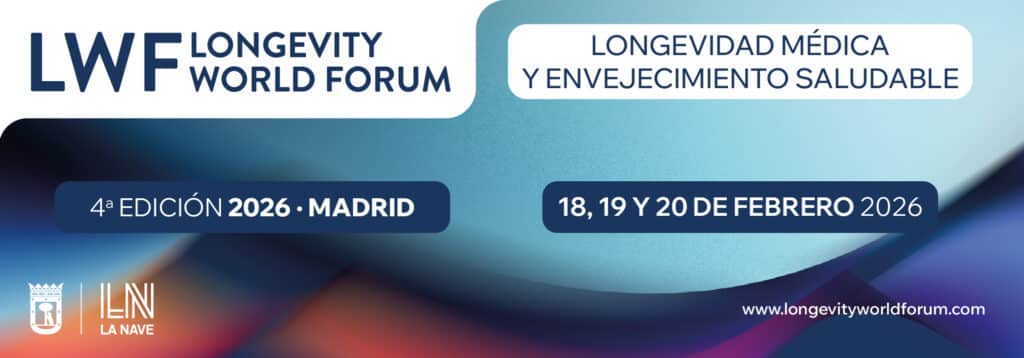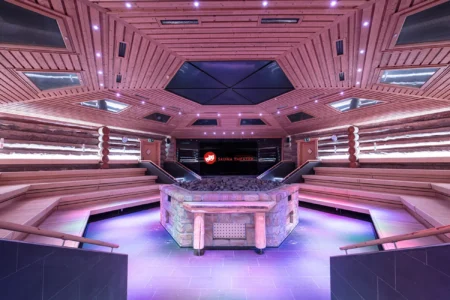The VaticanThe Church, an institution that for centuries has promised its faithful eternal life, seems to be taking a step closer to allowing its representatives to begin to enjoy that eternity here on earth.
The 24 March 2025will be held in Romain the Auditorium of the Augustinianum Congress Centerthe first Vatican Summit on Longevity. This event will bring together scientists, Nobel laureates and world leaders to analyse how science and technology can contribute to a more sustainable healthy, sustainable and holistic ageing.
The summit is organised by the Pontifical Academy for Life together with the Foundation for Science and Faithand is part of the Jubilee of Hope 2025The event, a special celebration convened by Pope Francis, seeks to reflect on global challenges from the perspective of faith and knowledge.
Participation is free of charge after registration and here you can see the programme.

An event that brings together science, ethics and spirituality
Confirmed participants include Shyn'Ya YamanakaNobel Prize in Medicine in 2012 for his discoveries on cellular reprogramming, y Venki RamakrishnanNobel Prize in Chemistry in 2009 for his research into the ribosome structure. Alongside them, leading researchers and leaders in biotechnology, artificial intelligence and longevity will discuss advances in regenerative medicine, prevention of age-related diseases and improvement of quality of life in advanced stages of life.
However, the summit is not only conceived as a one-off event, but as a the first step of an ambitious global project led by the Vatican in collaboration with leading scientific and academic institutions. The initiative seeks to promote a longevity model based on the integration of science, ethics and spiritualityensuring that advances in health and technology not only prolong life, but also make it easier for people to live longer. enrich in terms of quality and dignity.
A shift in the Church's view of eternal life?
It is striking to note how the Catholic Churchwhich for centuries has focused its message on the promise of eternal life in the hereafter, now seems to be interested in prolonging earthly life. Is this a shift in approach to religious doctrine or simply a recognition of the importance of health and science?
Perhaps in the not-too-distant future, we will see bishops participating in marathons or to cardinals interested in cryopreservationall in the name of longevity and holistic health.
In the meantime, the faithful can rest assured: if science and faith manage to align their goals, the wait for eternal life could become much longer than previously thought.






